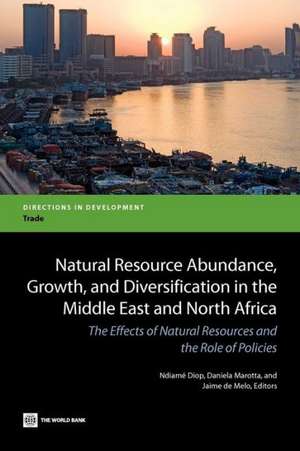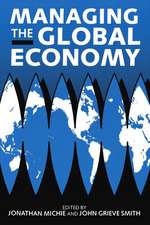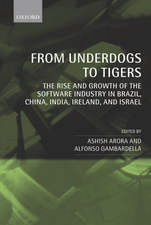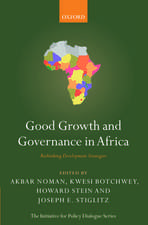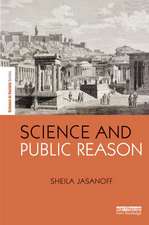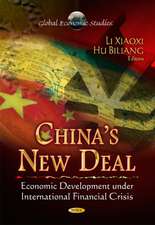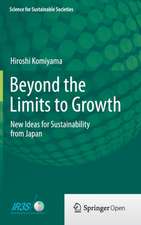Natural Resource Abundance, Growth, and Diversification in the Middle East and North Africa: The Effects of Natural Resources and the Role of Policies: Directions in Development: Trade
Autor Ndiame Diop Editat de Daniela Marotta, Jaime De Meloen Limba Engleză Paperback – 30 oct 2012
Preț: 233.89 lei
Nou
Puncte Express: 351
Preț estimativ în valută:
44.75€ • 46.73$ • 37.04£
44.75€ • 46.73$ • 37.04£
Carte tipărită la comandă
Livrare economică 04-18 aprilie
Preluare comenzi: 021 569.72.76
Specificații
ISBN-13: 9780821395912
ISBN-10: 0821395912
Pagini: 201
Dimensiuni: 152 x 229 x 12 mm
Greutate: 0.3 kg
Editura: World Bank Publications
Seria Directions in Development: Trade
ISBN-10: 0821395912
Pagini: 201
Dimensiuni: 152 x 229 x 12 mm
Greutate: 0.3 kg
Editura: World Bank Publications
Seria Directions in Development: Trade
